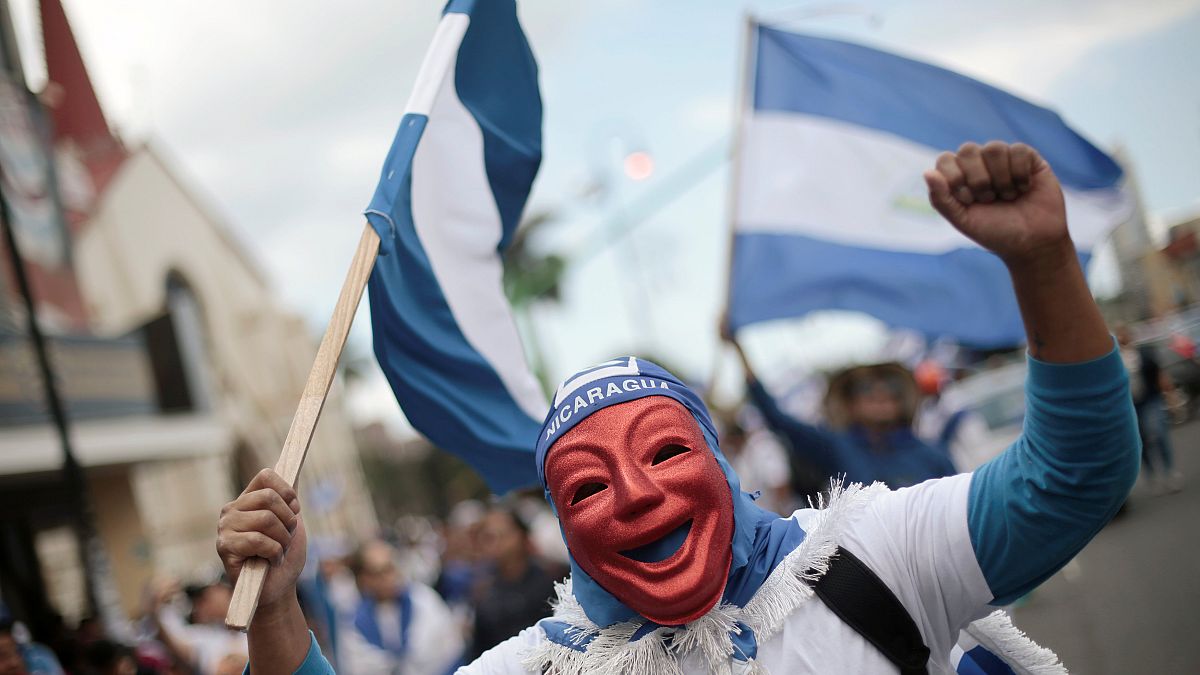Members of the European Parliament have scolded Nicaragua for the country's lack of freedom of speech.
A European Parliament delegation has urged Daniel Ortega, Nicaragua's president, to release political prisoners, allow the return of banned human rights groups and to restart dialogue with the opposition to end a months-long political crisis.
Led by the MEP Ramon Jauregui, a Spanish socialist who fought alongside Ortega's Sandinistas to overthrow the dictator Anastasio Somoza in 1979, the delegation told a news conference it would ask the European Parliament to issue a new resolution on the crisis.
Nicaragua has been convulsed for months by some of its worst political tension since the country's civil war in the 1980s. An initial stand-off between protesters and the government in April over planned welfare cuts quickly led to deadly clashes.
More than 300 people had been killed and over 500 incarcerated by the Ortega administration's clamping down of the protesters, according to the Nicaraguan Center for Human Rights -- which is a group the government has blacklisted.
Four radio stations and one TV station have closed and dozens of journalists have been beaten, rights group say. The Ortega government declares freedom of expression exists in Nicaragua and has accused the opposition of trying to mount a coup to oust him.
"We don't believe the government's story of a coup d'etat," Jauregui said. "The repression of protests was excessive. The population is demanding more freedom and democracy. Nicaragua is going through a major crisis of democracy and the rule of law."
The MEPs were allowed by the Ortega government to hold meetings with all sectors of society, including political prisoners. But they noted that several opposition leaders suffered persecution after they had taken part in the meetings.


